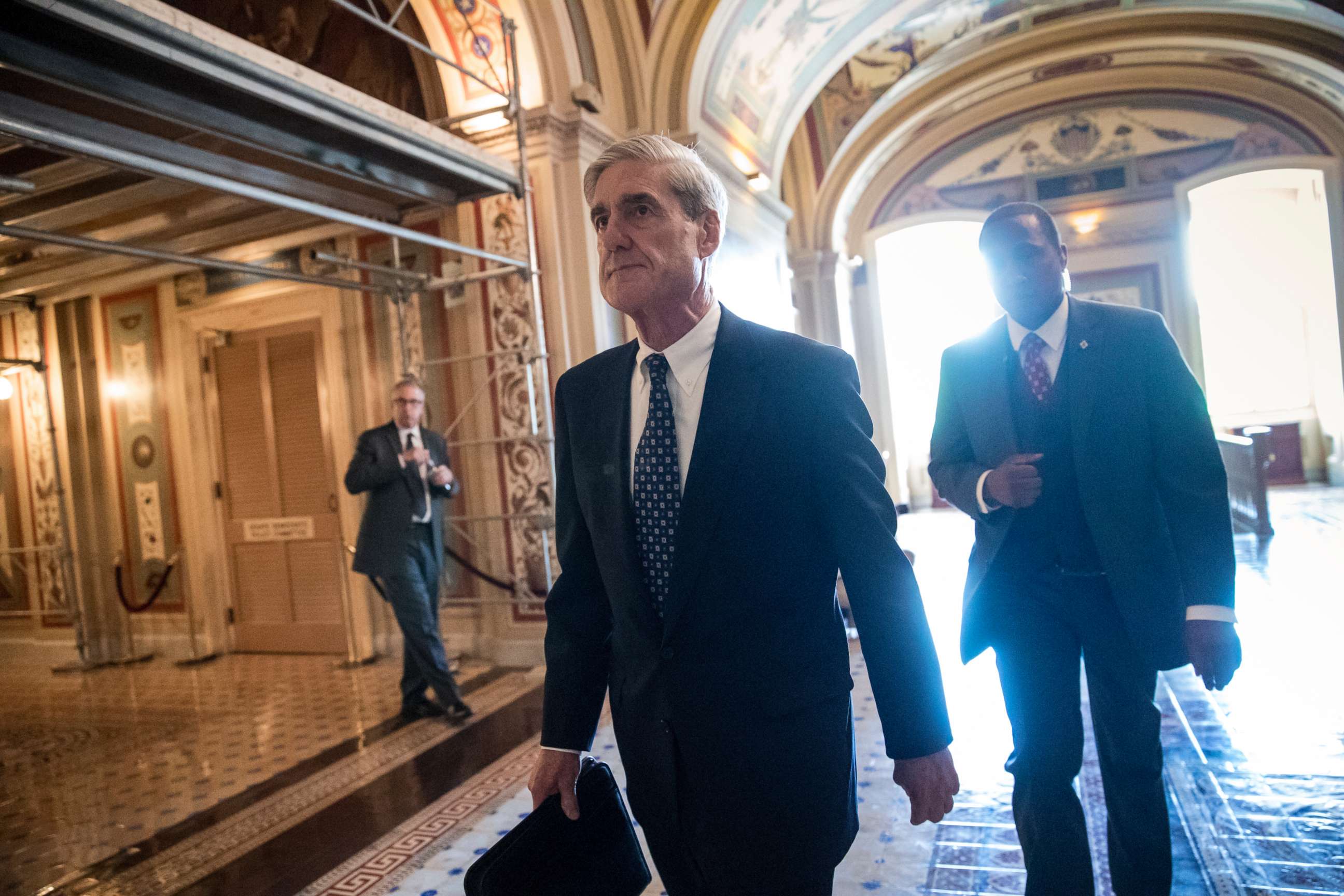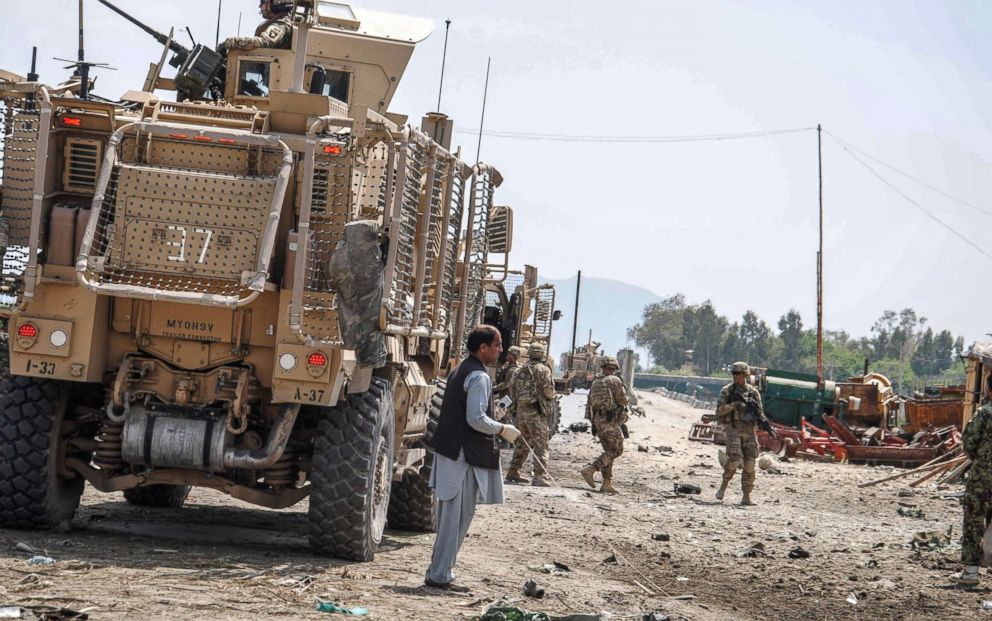Amid Mueller probe, Blackwater founder pitches mercenary takeover of Afghan War
The public proposal arrives amid scrutiny of Prince by the special counsel.
Blackwater founder Erik Prince, who is facing scrutiny in Special Counsel Robert Mueller’s investigation of Russian meddling in the 2016 election, is reprising his role as America’s most famous private military contractor, hawking a proposal to turn over U.S. combat operations in Afghanistan to mercenaries.
In a new video posted on YouTube on Tuesday as this year’s NATO summit got underway in Brussels, Prince was sharply critical of the Pentagon’s strategy in the conflict, now in its 17th year, calling it a “stalemate” and proposing that CIA officers and 6,000 mercenaries should intervene.
“The Pentagon does what it does and wanted to keep doing the same thing it has done for the last 17 years,” Prince said. Trump has “stayed the course” in Afghanistan so far, he added, but continuing to wage a conventional war there would be “reckless and it’s irresponsible.”
Prince has plenty of experience building contractor forces in Afghanistan as well Iraq, Somalia, the United Arab Emirates as the former head of the controversial Blackwater firm and the current chairman of Frontier Services Group, a Hong Kong-based security company. But the timing of renewed efforts to push the proposal is, to say the least, interesting, providing Prince with an alternative headline to those announcing his public pledge of “cooperation” with Mueller’s Russia probe.

In April 2017, the Washington Post reported that Prince, a Trump ally and donor whose sister Betsy DeVos is Trump’s education secretary, had traveled to the Seychelles following Trump’s election for a secret meeting with a Russian official with close ties to Russian President Vladimir Putin. Prince testified before the U.S. House Permanent Select Committee on Intelligence in November that he hadn’t made the January 2017 trip "to meet any Russian guy,” describing his meeting with Kirill Dmitriev, the Putin-appointed head of Russia's sovereign wealth fund, as a chance encounter “over a beer.”
ABC News reported earlier this year, however, that Mueller has obtained evidence that calls that testimony into question. Sources familiar with the investigation told ABC News that George Nader, a key witness given limited immunity by Mueller, told investigators that he set up the meeting in the Seychelles between Prince and Dmitriev. Documents obtained by Mueller also suggest, sources said, that before and after Prince met Nader in New York, Nader shared biographical information about Dmitriev with Prince.
Last month, a spokesperson for Prince told ABC News that Prince has provided Mueller with “total access to his phone and computer.”
In an interview about the proposal with Britain’s Independent newspaper on Tuesday, Prince said that he has “no concern at all” about the special counsel’s scrutiny of his activities. He has proposed this strategy to Trump before, but senior members of administration turned him down, according to the Independent. With the recent restructuring of Trump’s national security team, Prince told the paper, he hopes this time might be different. A source close to Prince told ABC News the target audience for the video is “decision makers.”

Whatever happens in the Russia investigation, Prince appears determined to push a plan that would almost certainly net him a hefty profit, if Trump were to adopt it.
“We have to get it right. Pulling out of Afghanistan is not the answer,” Prince said in the video. “A smaller more unconventional approach is necessary.”
Barnett Rubin, a former State Department official and a senior fellow at the Center on International Cooperation at New York University, agreed that the current strategy in Afghanistan needs an overhaul but called Prince’s proposal “unacceptable.”
“The video pitch is strong and on target when it argues that what we are doing isn’t working,” Rubin told ABC News. “It does not explain, however, what the 6,000 contractors would do or how they would do it.”
Critics of Prince noted that the presence of private security forces have, at times, been counterproductive, exacerbating tensions with local populations, particularly in 2007 when his Blackwater soldiers gunned down more than a dozen Iraqi civilians in Baghdad.
“The biggest single contentious issue in Afghanistan is civilian casualties,” said a former senior official with the U.S. command in Kabul. “Every dead civilian helps the Taliban recruit.”




